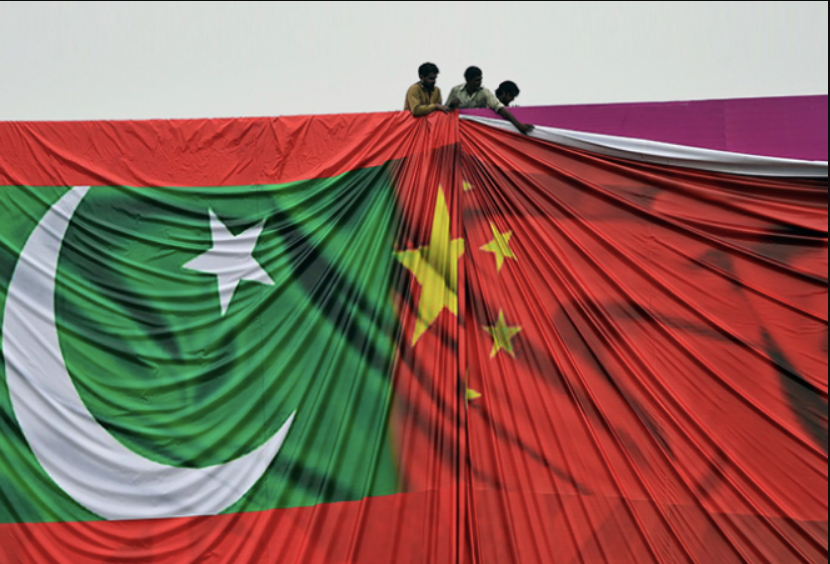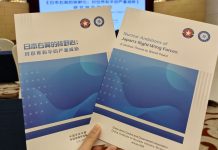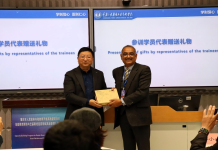FAISALABAD: In a wheat fields of Punjab province, drones’ “queue” are patrolling, with intelligent management and control systems are replacing manual “care” for crops. Farmers could accurately perform operations such as fertilization and irrigation with just one click on their mobile phones.
Such brand-new technologies are credited to the China-Pakistan cooperation project “High-throughput Crop Monitoring Using Computer Vision for Climate Smart Agriculture.”
In May, the Pakistan China Joint Lab for Artificial Intelligence and Smart Agriculture (AI&SA) has been established at the University of Agriculture Faisalabad (UAF).
Punjab Province, as Pakistan’s main agricultural production area, its annual grain output accounts for about 76% of the country’s total annual grain output. Both parties agreed that it has unique advantages to carry out pilot applications of high-throughput crop monitoring projects here. In this province, about 600 farmers have joined the pilot application.
Dr. Iqrar Ahmad Khan, Vice Chancellor UAF, noted lately that in the 25,000 villages across Punjab, if drone spraying technology could be adopted on a large scale, it will help increase productivity, reduce costs and greatly promote the development of intelligent agriculture.
“We use drones equipped with visual recognition equipment to fly around the fields to achieve intelligent management of crop monitoring, cultivation management, pest and disease analysis, and agricultural production, including growth determination, crop health monitoring, water requirement analysis, fertilization, as well as pesticide application,” Dr Wu Jun, the Chinese Director of the lab, introduced.
Mohammad Malik, a local farmer who has been growing wheat, sugarcane and other crops in Punjab for more than 30 years, is one of the participants in the pilot project. At first, he had many doubts about the project. –Agencies






